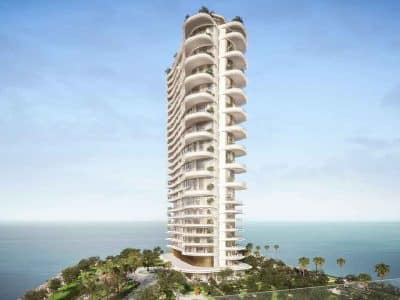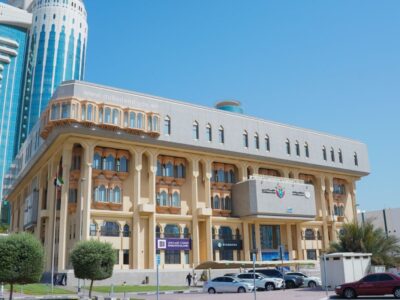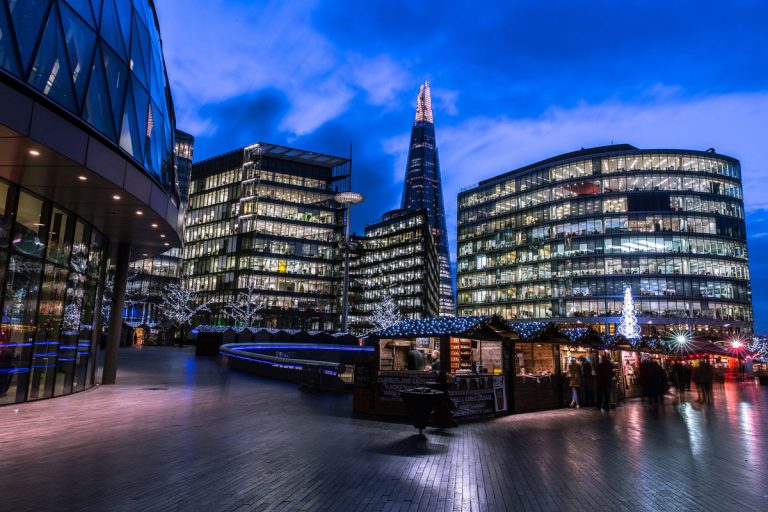Following a five-year decline caused by uncertainty around the UK’s exit from the EU and the early days of coronavirus, the UK property market is once again attracting investors from the GCC.
In fact, the pandemic last year largely acted as a catalyst that motivated investors to seek high-end properties in prime locations with the hopes of benefiting from the market uncertainty to secure better deals, explained Mandana Dabbagh, managing director at Ayana Properties, a Dubai-based real estate investment advisory specialised in UK properties.
“What we noticed, midway last year, was that many people were smart about it and realised they could get a good discount because of the slight uncertainty. They were coming in and negotiating larger transactions than before because Brexit was over and they weren’t so worried about Covid anymore,” Dabbagh told Arabian Business.
“On the contrary, they thought of it more as an opportunity that, during Covid, they could secure a better price and get better deals. I would say that there were very good discounts on negotiation at the time and we managed to secure good incentives from developers,” she continued, giving the example of annual service charge exemptions as one such incentive.
The market has shifted since those early days as demand grew, but supply was short due to developers holding off on projects during the pandemic and associated lockdowns, explained Dabbagh.
“Last year, many developers put their launches on hold because it was not the right time so now we’ve got a situation where there’s very high demand and less to sell,” she said.
“So if an investor finds something that really suits their needs, I would say to make a decision fast because there’s so many other investors looking at the same thing. The opportunity doesn’t wait; when you see the opportunity, grab it,” she continued.
With the market uncertainty around Brexit and the drop of the pound back then, investors were delaying their property transactions until now, the result of which is that there’s a lot of buyers coming to the market, explained Dabbagh.
“It’s an excellent time to come to the market because interest rates on mortgages are so low right now so end-users and investors are taking advantage of this,” she said.
![]() Mandana Dabbagh, managing director at Ayana Properties.
Mandana Dabbagh, managing director at Ayana Properties.
“All of this is keeping the market going and we don’t see interest rates rising anytime soon either so this will continue,” added Dabbagh.
While the British sought suburban properties away from Central London amidst the work-from-home trend and the subsequent need for more space last year, investors from the GCC continued to covet properties in such prime locations because of the facilities they provide.
“Investors from the GCC are looking a lot at properties that offer them these luxuries, such as a 24 hour concierge service, and five years ago we didn’t have this in London – properties were just a flat with a lift if you’re lucky,” said Dabbagh.
“But now the services are very different as developers are coming up with facilities to entice the regional market. Things like valet parking, swimming pools or a cinema are now more common in high-end properties,” she continued.
Dabbagh added: “In the pandemic, our older clients were seeking properties that had amenities which allowed them to stay put. So in-development facilities like a cinema, terrace, gym, or spa became more important. People are really shifting and asking for more experience more in their property; it’s not just somewhere to sleep at night anymore.”
Over the next five years, UK property prices are forecast to increase by 25.1 percent, according to UK real estate agents Savills. London’s suburbs and the wider south – which have benefited from buyers relocating from more central locations – are set to lead Britain’s rapid property capital appreciation, growing at 26 percent and 25.7 percent respectively. Prime central London is expected to experience five-year growth of 21.5 percent.








